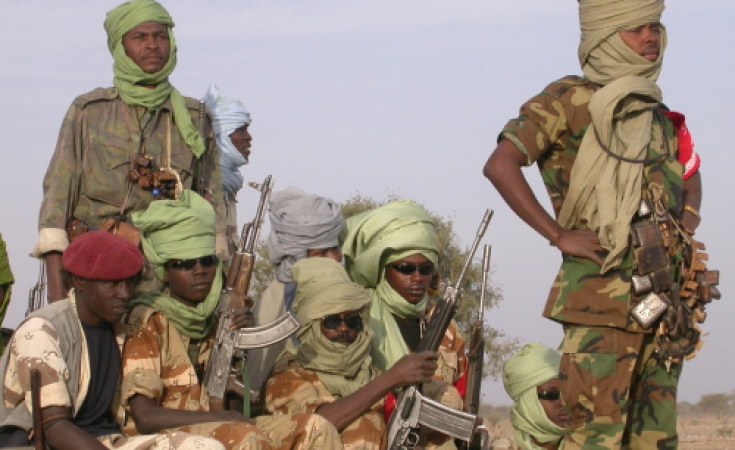President Barack Obama's special envoy to Sudan, Major-General Scott Gration, headed Wednesday for South Sudan, Darfur and Khartoum, where he will discuss issues ranging from gender-based violence with displaced people to peace efforts with former African heads of state.
The trip, announced by the United States Department of State in Washington on Tuesday, will be Gration's fifth to the region in the six months since his appointment. As he was scheduled to leave, U.S.-based Sudan lobbyists renewed their criticism of the Obama administration's peace-building efforts in the country.
The State Department said Gration's first stop will be in Juba, South Sudan, where he will continue talks with the Sudan People's Liberation Movement (SPLM), which rules the south, and the National Congress Party (NCP), the ruling party in the capital, Khartoum, on a census and the holding of referenda on self-determination. These are the two issues which remain to be dealt with under the 2005 Comprehensive Peace Agreement (CPA) between north and south Sudan, the State Department said.
In Darfur, Gration will visit a number of camps for internally-displaced people and hold discussions with civil society peace activists and with women leaders about gender-based violence. He will also meet General Patrick Nyambumba, the newly-appointed commander of the hybrid African Union-United Nations peacekeeping force.
In the final leg of his trip, Gration will hold talks in Khartoum with former African heads of state appointed by the African Union to pursue peace and justice in Darfur: Thabo Mbeki of South Africa, Abdulsalam Abubakar of Nigeria and Pierre Buyoya of Burundi.
In a report issued Wednesday on behalf of American lobby groups on Sudan, John Prendergast of the Enough Project said consensus had been reached in the Obama administration on "a basket of pressures and incentives" to bring about peace in Sudan which was in line with what the lobbyists were advocating.
But, he added, there was "a major problem" with the emerging policy: "While an agreement on tactical pressures and incentives has been reached, the broader diplomatic strategy through which these pressures and incentives will be enforced is fundamentally flawed."
The strategy was "opening the door to a renegotiation of key aspects" of the implementation of the CPA in the south, he said, and in Darfur it was "inadvertently leading to further divisions among rebel factions... and lacks an endgame focused on specific proposals that will result in a lasting peace."


